Mozambique: Chapo calls on all to take part in “Inclusive Dialogue”
Mozambique: Matola Mayor visits ‘xivotchongo’ factories – Watch

Photo: Miramar
Mayor of Matola Júlio Parruque visited two factories involved in the production and sale of “xivotchongo” this Wednesday (06-08).
Matola, located in Maputo province, is currently the municipality with the largest concentration of spirits factories.
During the visit, Parruque toured various sections of the factories, witnessing the production process, including the sealing room and the laboratory, where specialists refine recipes and test product quality. He observed with interest the work of the women, who package the beverage diligently despite their limited affinity for the product.
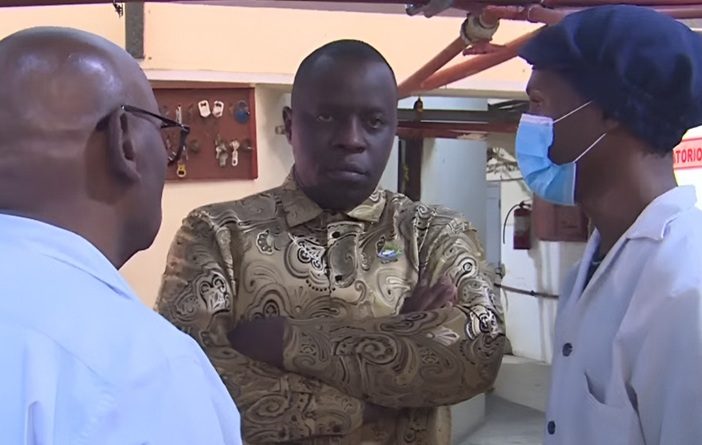
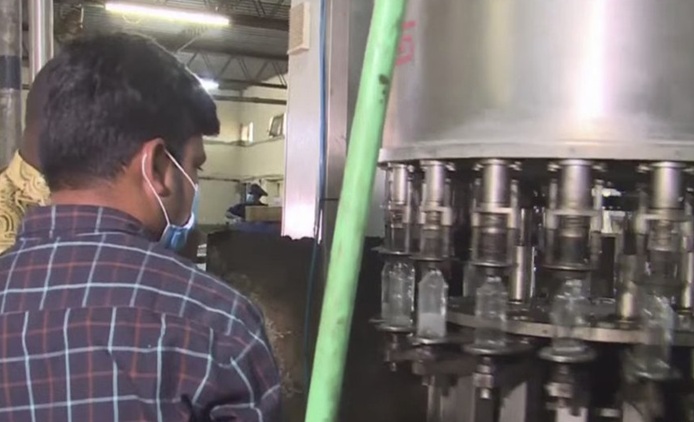
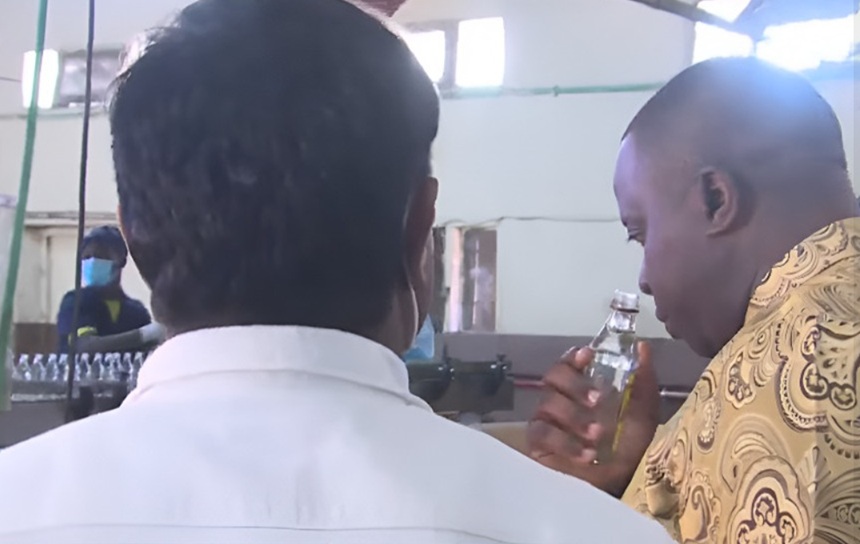
In the mixing room, the mayor interacted with the technicians, showing curiosity about the ingredients and methods used. The Miramar team also learned that part of the production from these factories is destined for export.
This visit is part of the review of the country’s alcoholic beverage production and marketing policies, following the suspension of licenses and the announcement of a new, more restrictive legal framework.
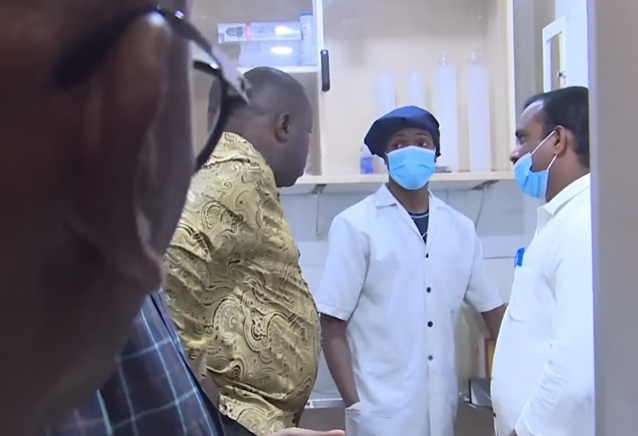
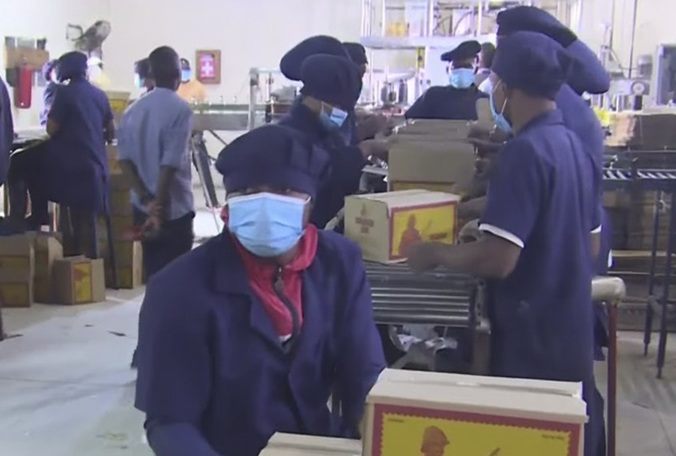
Contrary to what is customary on these occasions, Parruque left the factories without any symbolic gift – not a bottle, a box, or even a glass. A gesture that did not go unnoticed and was thought unprecedented, or at least unusual.
Mayor Parruque expressed his concern about the growing consumption of alcoholic beverages by African adolescents and young people, particularly those between the ages of 15 and 22.
Concern
According to the Mayor, the phenomenon of early alcohol consumption cannot be addressed solely from the perspective of production and marketing, but requires a multisectoral response.
“We are working hard to promote mo–rale, education, and awareness among students, our children, and their parents and guardians to prevent this phenomenon from taking root in our society and fuelling cycles of violence,” he stated.
Parruque also emphasized that the government plays an essential role in this “social challenge” and praised ongoing initiatives to more effectively regulate the production and marketing of spirits.
The Mayor advocated a comprehensive approach that includes not only consumers but all stakeholders in the production and marketing chain. “We need to look at the entire chain: the type of beverage, how it’s produced, the packaging, the volumes, the prices, and, above all, how it’s marketed,” he explained.
During visits to Matola factories, the Mayor found different realities. On the one hand, Parruque found units with an organized level of production, with satisfactory hygiene and legal conditions. On the other, he recognized the existence of establishments with almost artisanal production, which raises concerns, especially since they are mostly run by foreign investors, in a sector that, he argued, could also benefit from greater participation by national entrepreneurs.












Leave a Reply
Be the First to Comment!
You must be logged in to post a comment.
You must be logged in to post a comment.